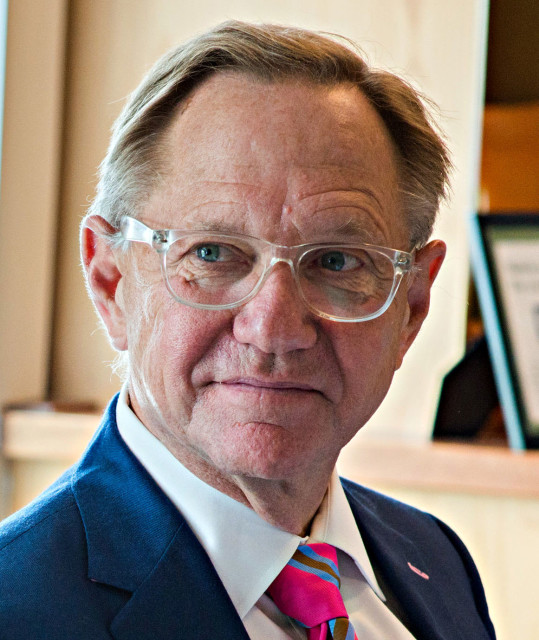Quint Column: What makes a good mentor
- September 27, 2017
- / Quint Studer
- / leadership-tips,quint-studer

In last week’s column, I provided tips on how to be a good mentee.
This week I’ll discuss what it takes to be a valuable mentor. There are many people in the local community who are proven and capable mentors. They are invaluable to one of the area’s most vital economic engines: Small business.
I shared last week that Gallup Chairman and CEO Jim Clifton coined the term “super mentors,” in his book “The Coming Jobs War".
Every community has people who can be super mentors. If you are looking for a mentor, do some research. Then, list three to five people who may fit what can help you most. After that, just ask. You’ll be surprised how many will say yes.
There could be good reasons for some to say “no” — family commitments, health, etc. Many will be surprised you asked them because they may be selling themselves short on the impact they are making.
So, when you’re meeting with your mentor, or if you are just thinking about finding a mentor who can help you, these are some great benchmarks. For mentors, these can be strong guidelines to be sure you’re giving your mentee your best.
Mentors are willing to share their knowledge, expertise and skills. They understand where mentees are, they relate to the time when they were there themselves, they show sincerity and freely give away what they have learned. Mentors are not afraid of giving away what has helped them be successful.
Mentors walk the talk. They demonstrate the same behaviors they are teaching. These include things like the fact that the mentor may still not be where they want to be. Mentors are human and not perfect. It is not fair to mentors or mentees for the mentor to be put on a pedestal.
Mentors care. They take the role of a mentor seriously. They’re like a guide on a mountain climb: They want to make sure you have the tools and skills to succeed.
Mentors are positive. Mentees can feel the enthusiasm of mentors, both spoken and unspoken. Mentors are cup half-full people who help mentees see the opportunities in obstacles.
Mentors do not see themselves as finished products. They have committed themselves to ongoing learning.A good mentor admits when he or she is still learning.
Mentors help mentees hold up the mirror and provide constructive feedback and guidance. Mentors help mentees leverage their strengths. A mentor also benefits from the relationship because it forces him or her to hold up their own mirror.
Mentors have done it and or are doing it. They are respected in their organizations and the community.
Mentors teach from experience. A good mentor does not ask a mentee to take steps they did not take. They share their own self-awareness and development plan and their own goals.
Good mentors also help mentees find other mentors. A mentor will have gaps in his or her experience and is willing to connect a mentee with other resources.
A good mentor cares. A mentor explains that when feedback is not positive, it is being given because that person cares.
 CivicCon launches with a look at good growth in cities
CivicCon launches with a look at good growth in cities
 Building stronger brains one baby, one parent at a time
Building stronger brains one baby, one parent at a time
 SCI debuts commercial on Early Learning City
SCI debuts commercial on Early Learning City
 Entrecon: World class speakers and an opportunity to sharpen skills
Entrecon: World class speakers and an opportunity to sharpen skills
 PYP Quality of Life survey 2017
PYP Quality of Life survey 2017
 EntreCon Pensacola 2016: A look back
EntreCon Pensacola 2016: A look back
 Leadership tip: getting better employee takeaways
Leadership tip: getting better employee takeaways
 Leadership tip: be interested instead of interesting
Leadership tip: be interested instead of interesting
 Leadership tip: delivering difficult messages
Leadership tip: delivering difficult messages
 Brain Bags boost Arc, Early Childhood Court programs
Brain Bags boost Arc, Early Childhood Court programs